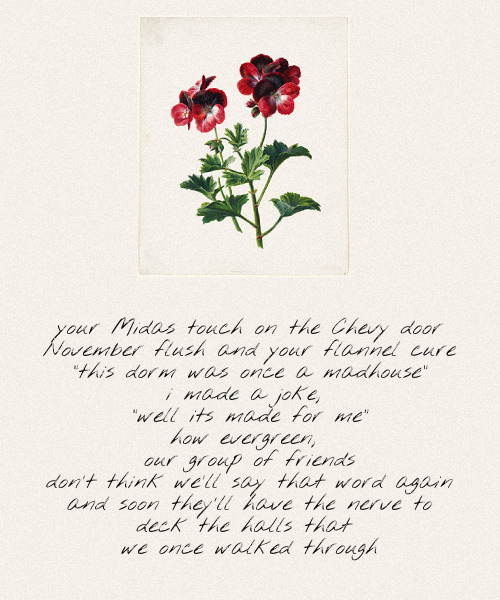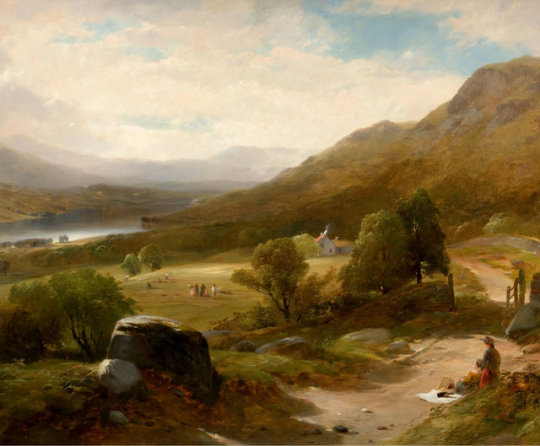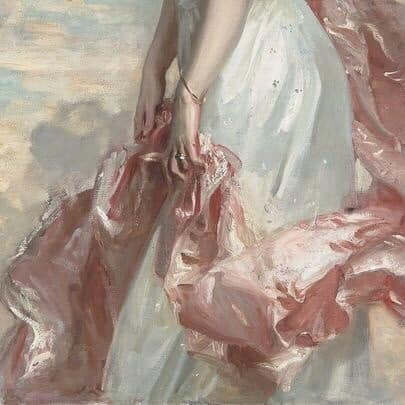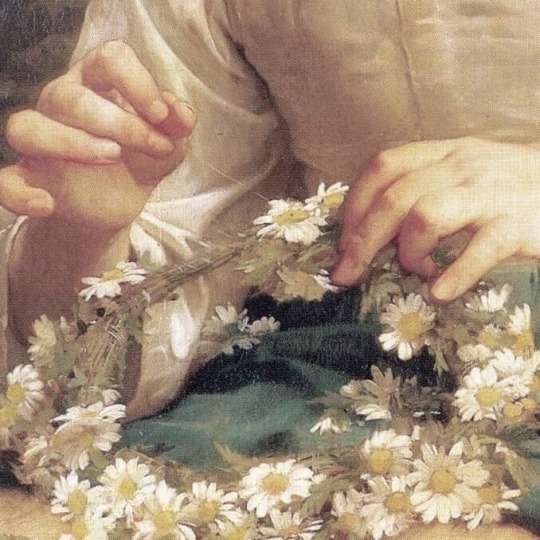Imogen Helena Marlowe.⠀⠀⠀⠀⠀⠀⠀⠀⠀⠀⠀⠀⠀⠀⠀⠀⠀ 𝗕𝗔 in English Language and Literature.⠀⠀⠀⠀⠀⠀⠀⠀⠀⠀⠀ 𝗠𝗔 in Lit., Romanticism, and the English Lake District. ⠀⠀⠀⠀⠀⠀⠀⠀ 𝗪𝗿𝗶𝘁𝗲𝗿, 𝗲𝘀𝘀𝗮𝘆𝗶𝘀𝘁. 𝗙𝗿𝗲𝗲𝗹𝗮𝗻𝗰𝗲/𝗶𝗻𝗱𝗲𝗽𝗲𝗻𝗱𝗲𝗻𝘁 𝗲𝗱𝗶𝘁𝗼𝗿. ⠀⠀⠀⠀⠀⠀⠀⠀⠀⠀⠀⠀
Don't wanna be here? Send us removal request.
Text



Lord Byron, 1811.
from The Works of Lord Byron.
2K notes
·
View notes
Photo
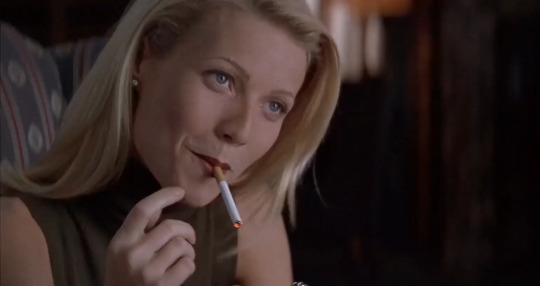
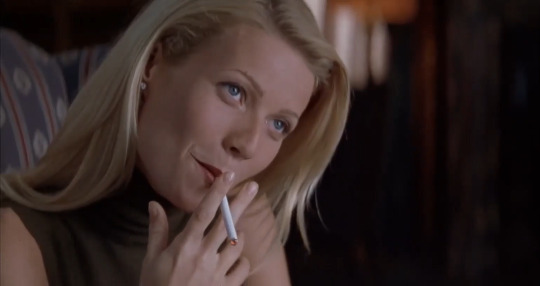
❝𝖲𝗁𝖾 𝗐𝖺𝗅𝗄𝗌 𝗂𝗇 𝖻𝖾𝖺𝗎𝗍𝗒, 𝗅𝗂𝗄𝖾 𝗍𝗁𝖾 𝗇𝗂𝗀𝗁𝗍ㅤㅤㅤㅤㅤㅤㅤ 𝖮𝖿 𝖼𝗅𝗈𝗎𝖽𝗅𝖾𝗌𝗌 𝖼𝗅𝗂𝗆𝖾𝗌 𝖺𝗇𝖽 𝗌𝗍𝖺𝗋𝗋𝗒 𝗌𝗄𝗂𝖾𝗌; 𝖠𝗇𝖽 𝖺𝗅𝗅 𝗍𝗁𝖺𝗍’𝗌 𝖻𝖾𝗌𝗍 𝗈𝖿 𝖽𝖺𝗋𝗄 𝖺𝗇𝖽 𝖻𝗋𝗂𝗀𝗁𝗍 𝖬𝖾𝖾𝗍 𝗂𝗇 𝗁𝖾𝗋 𝖺𝗌𝗉𝖾𝖼𝗍 𝖺𝗇𝖽 𝗁𝖾𝗋 𝖾𝗒𝖾𝗌; 𝖳𝗁𝗎𝗌 𝗆𝖾𝗅𝗅𝗈𝗐𝖾𝖽 𝗍𝗈 𝗍𝗁𝖺𝗍 𝗍𝖾𝗇𝖽𝖾𝗋 𝗅𝗂𝗀𝗁𝗍 𝖶𝗁𝗂𝖼𝗁 𝗁𝖾𝖺𝗏𝖾𝗇 𝗍𝗈 𝗀𝖺𝗎𝖽𝗒 𝖽𝖺𝗒 𝖽𝖾𝗇𝗂𝖾𝗌.❞
ㅤㅤㅤㅤㅤㅤㅤ ―𝗟𝗼𝗿𝗱 𝗕𝘆𝗿𝗼𝗻, 𝗦𝗵𝗲 𝗪𝗮𝗹𝗸𝘀 𝗶𝗻 𝗕𝗲𝗮𝘂𝘁𝘆.
𝘊𝘢𝘮𝘪𝘭𝘭𝘦 𝘸𝘢𝘴 𝘵𝘸𝘦𝘯𝘵𝘺-𝘵𝘩𝘳𝘦𝘦 𝘸𝘩𝘦𝘯 𝘩𝘦𝘳 𝘱𝘢𝘳𝘦𝘯𝘵𝘴 𝘥𝘦𝘤𝘪𝘥𝘦𝘥 𝘴𝘩𝘦 𝘩𝘢𝘥 𝘵𝘰 𝘨𝘦𝘵 𝘮𝘢𝘳𝘳𝘪𝘦𝘥.
To have children and forget about her childish ideas of love above all others, according to the high society of which she was part of, was the main and definitive goal. Deep down, this desire they shared was less rotted on their want for her to be on a stable and respectful relationship, but more on the fact that she, Camille, was a lesbian.
Her "dirty" little secret was chiefly known by her mother, Cecile, as she found her entangled with a young, brunette, french girl in her Parisian bed, at the heart of the 16th arrondissement. The "lover" was named Lucille, Lucie for short, and had a fragile temper. Some may say she went crazy after Camille left her, instructed by the stranged Cecile; others, however, disagree. Either way, once the young swiss-franc left, Lucille drowned herself. The despair, combined with her now scattered existence, left her in shambles, with nothing else to do on her own.
Even though the mother knew, about the prior incident, the daughter never found out.
Years later, once engaged and deeply unhappy with how her life had turned out, a flickering light came to her aid; golden as vintage champagne, bright as sunlight. Her name was Imogen, like 𝗖𝘆𝗺𝗯𝗲𝗹𝗶𝗻𝗲's daughter. Too young to be hers, but too incandescent not to be. Eventually, as all love stories, theirs began. While it lasted for a few years, the rapid recklessness of their union made it fall apart. Camille had to get married, to appease her parents, and 𝐋'𝐀𝐦𝐞́𝐫𝐢𝐜𝐚𝐢𝐧𝐞 knew it was time to let her go.
They said goodbye as if their idyll was nothing but a good, brief memory, and tried to move on with their lives while at it. Both women ended on the opposite spectrums. One married, to a wealthy man such as her father; the other, an embittered, metaphorical widow. As nightingales, from time to time, they cry out in the calamitous night for the other to hear but never getting any responses.
𝘉𝘦𝘤𝘬𝘰𝘯𝘪𝘯𝘨, 𝘩𝘰𝘭𝘭𝘦𝘳𝘪𝘯𝘨.
Wind passing through tainted, foggy windows. Whispering, as in all old and long-forgotten romantic works, the misfortune of two once young lovers who lost their ways while looking for their shared 𝗽𝗮𝗿𝗮𝗱𝗶𝘀𝗲 𝗹𝗼𝘀𝘁.
0 notes
